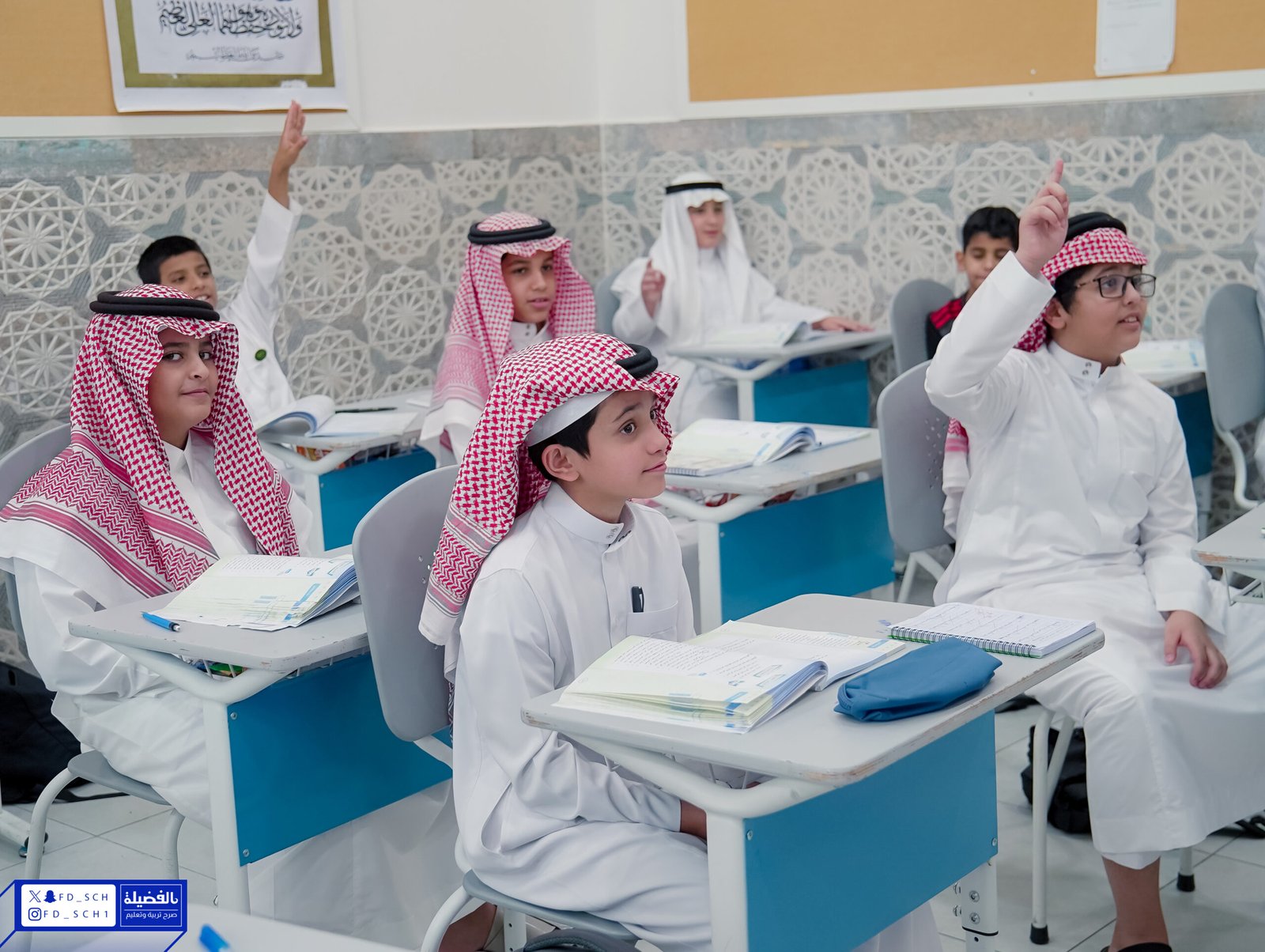Egyptian Track Program – Arabic

Egyptian Track Program – Arabic
We are private Saudi schools affiliated with the supervision of the Saudi Ministry of Education, but we are committed to teaching the entire Egyptian curriculum in accordance with the curricula applied by the Egyptian Ministry of Education, including courses in Islamic education, Arabic language, and Egyptian social sciences. We also apply the evaluation guide for the Egyptian curriculum in the semester system, taking into account the following:
- Transfer year tests are the responsibility of schools under the supervision of the educational administration and sectors of the Saudi Ministry of Education.
- Primary (sixth grade) and preparatory (third grade) exams are held in schools, but the exams are received by the Ministry of Education in the Arab Republic of Egypt and under its supervision.
- Adherence to the requirements of the Saudi Ministry of Education, which have been approved accordingly.
- We aim to serve the Egyptian community in the Hail region by teaching the Egyptian curriculum in accordance with the instructions of the Egyptian Ministry of Education, with a vision that is in line with the traditions of the Kingdom of Saudi Arabia and what suits it. Labor market.
Objectives of teaching subjects at the primary level
Arabic
- Studying the Arabic language should be a means of understanding the Holy Quran and the Sunnah of the Prophet.
- The student should be proud of the Arabic language and want to learn it because it has preserved for us the glories of Islam and its lofty ideals of honesty, loyalty, courage, and generosity.
- Gaining the ability to express correctly in communication, speaking and writing.
- Practice reading, correct pronunciation, and understanding other people’s ideas.
- Practicing different types of reading and developing literary taste until one realizes the beauty and magnificence of style.
- Developing the ability to understand, listen and extract ideas.
- Enabling students to view the literature in the Arabic library.
- Students are able to know the basic rules of the branches of the Arabic language, memorize some literary texts, and appreciate the beauty found in them.
- The ability to express oneself either orally or in writing.
- The student masters the basics of spelling, enabling him to write correctly.
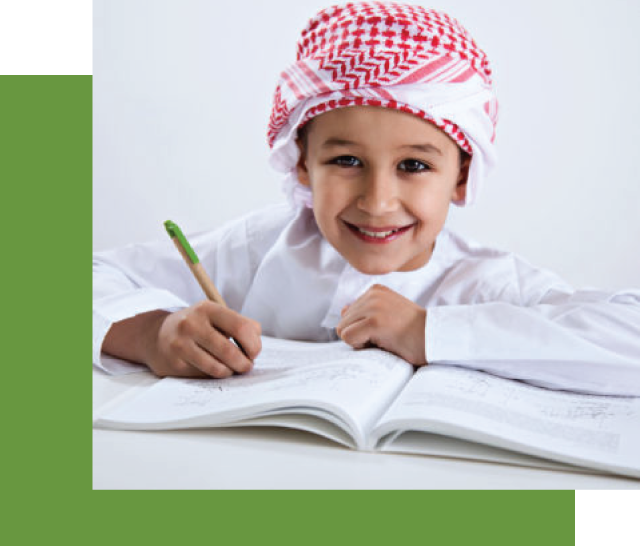

English Language
- The student acquires the basics of the English language that form the foundation for future English language proficiency.
- Acquire basic vocabulary for each educational stage and the ability to listen and understand simple English.
- Ability to express oneself orally using simple sentences.
- Ability to read, understand and write simple sentences.
- Appreciate the importance of using English as an international language of communication.
Islamic education
- Contributing to educating students on the correct Islamic faith.
- Instilling good morals such as honesty, honesty, etc. in the hearts of students.
- Instilling a love for imitating the Messenger of God, may God bless him and grant him peace.
- Consolidating the meaning of belonging to the Muslim community.
- Students have a sound understanding of the Book of God, mastering its reading, and linking Islam to life to solve its problems.
- Participate in protecting students from slipping into extraneous thoughts and instilling the principle of contemplating God’s creation.
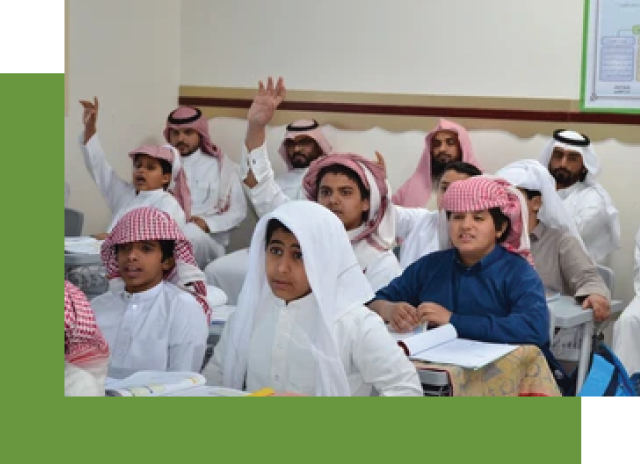
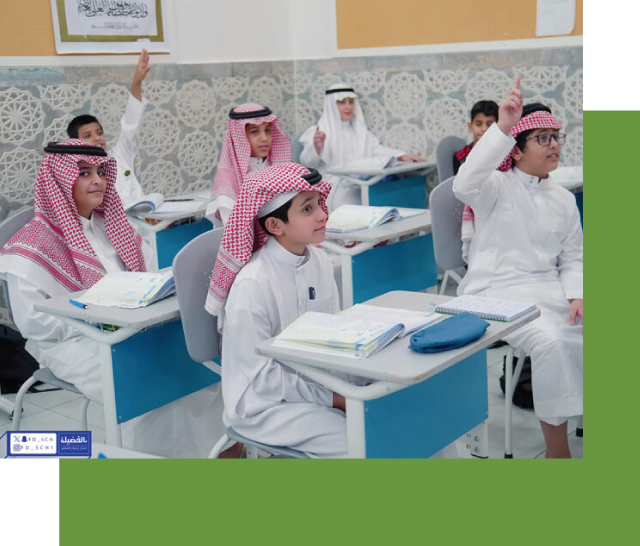
Mathematics
- Understanding the mathematical concepts and skills necessary for the student in his daily life and related to other academic subjects.
- Recognize solid objects such as cube, cylinder, and pyramid, and simple shapes such as square, rectangle, and circle.
- Identify units of measurement and the relationships between them.
- Providing the skill of solving problems within the limits of the student’s mental age.
- The ability to use sound thinking methods.
- Providing the skill of reading and writing natural numbers and fractions and performing operations on them.
- Use units of measurement and convert from one unit to another.
- Ability to use mathematical symbols and interpret data.
- Acquire sound social values such as accuracy and self-reliance.
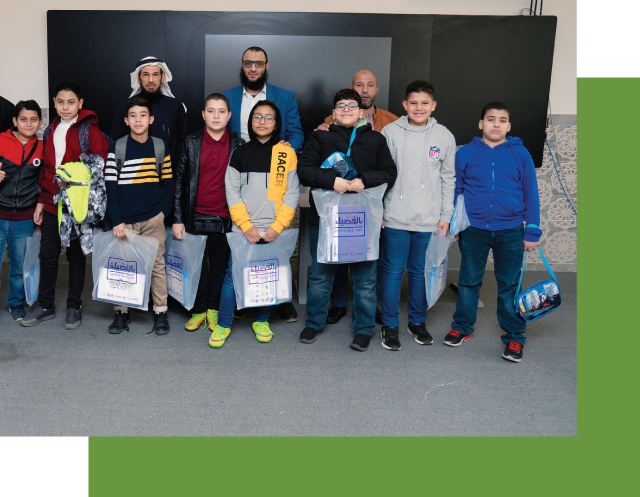
Social Sciences
- Highlighting the greatness of God in creating the universe and learning about aspects of the environment and the concepts associated with it.
- Highlighting Egypt's role in warding off the dangers facing the Arab and Islamic world.
- - Identifying aspects of Pharaonic and Islamic civilization.
- Interpreting Egypt’s relationship with the countries of the world and learning about international and regional organizations.
- Identifying the characteristics of continents and developing the skill of reading maps of all kinds.
- Appreciating human efforts in facing challenges.
Objectives of teaching subjects in the preparatory stage

Arabic
- Students should be proud of the Arabic language and consider studying Arabic as a means of understanding the Holy Quran and the Sunnah of the Prophet.
- Students’ knowledge of the basic rules of the branches of the Arabic language.
- Developing students’ ability to understand, listen, and extract meanings and ideas.
- Students memorize a sufficient amount of literary texts and are able to appreciate the beauty found in them.
- The ability of students to express what is inside them as required by situations.
- Students gain the ability to express themselves correctly in communication.
- Students gin wappet express themslves crystal in as tonic.
- Training students on different types of reading.
- Students know the basics of spelling, which enables them to write words correctly.
Islamic education
- Consolidating the concept of Islamic etiquette in the minds of students and training them to practice etiquette in their daily lives.
- Instilling love for the Messenger in the hearts of students through their living and applying the Sunnah of the Prophet.
- Getting to know some personalities from the era of the Companions.
- Showing love, imitation, and imitation of the Messenger of God and those who followed him with goodness are human models of the Islamic nation
- Purifying souls from myths and illusions, and trusting and trusting in God.
- Building the Islamic personality of students in a comprehensive and balanced manner in all its mental, spiritual and physical dimensions.
- Memorizing, understanding and mastering the surahs of the Holy Qur’an and the noble Hadiths.
- Strengthening the connection with the Holy Qur’an, as it is the primary source of knowledge, behavior and values.
- Instilling the correct Islamic faith in the hearts of students from approved sources.
- Consolidating the value of worship in all human activities and behaviors.
- Consolidating awareness of issues of faith on the basis of a certain relationship between the Muslim person and the unseen world with all its components and elements.
- Develop a critical mindset that always searches for the truth and aspires to understand universal laws.
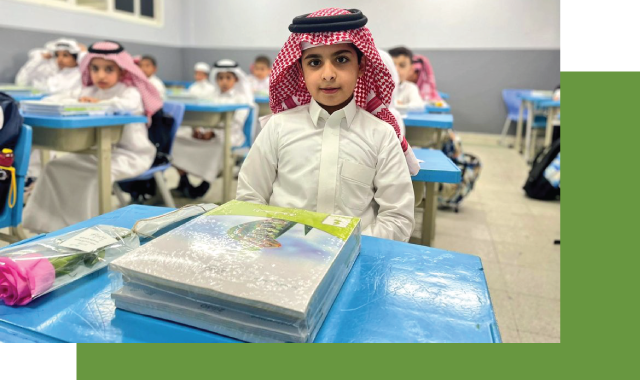
English Language
- For students to distinguish between the pronunciation of similar sounds in the English language.
- Students' ability to understand the main idea and basic information in short sentences
- Students' ability to understand simple directions.
- Students use basic English vocabulary, such as greetings, thanks, and...
- Students' ability to interact by asking and answering questions.
- Students' ability to create sentences that describe people or things.
- Understand the main idea of short, simple texts.
- Students' ability to write a paragraph to express a particular position.
Mathematics
- The student must understand that mathematics is the language of the era and a scientific method through which humans can communicate.
- Instilling a method of solving problems in a scientific manner.
- Developing students’ abilities to innovate new patterns of problem solving, which increases their ability to be creative.
- Work on linking mathematics to aspects of life.
- Ability to use engineering tools and measuring tools accurately.
- The ability to deal with equations and numbers and realize their importance in real life.
- Work on developing some good habits such as accuracy and logical thinking.

Sciences
- Deepening faith in the perfection of God’s creation and learning about the miracles of His creation.
- Students acquire appropriate scientific orientations.
- Student discovery of students’ scientific talents and inclinations, nurturing and developing them
- Encouraging students to practice some scientific hobbies and training students to conduct experiments on their own.
- Training students to implement some simple scientific models and learn about the world's natural resources.
- Increasing students’ scientific awareness and acquiring scientific thinking skills.
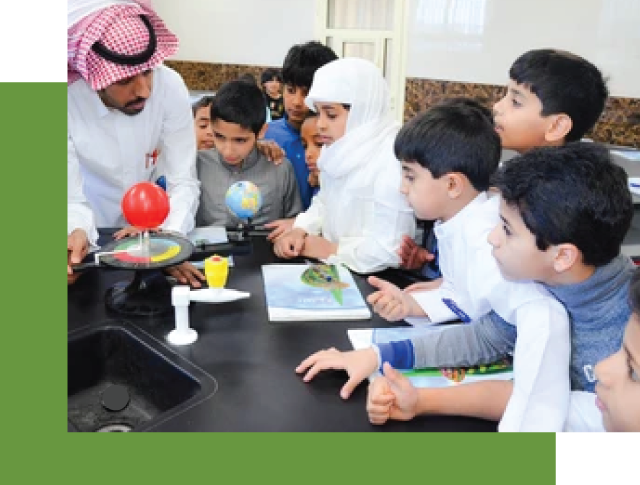

Sciences
- Consolidating students’ faith in God and introducing them to God’s wonderful creation and the miracles in the universe.
- Students acquire scientific facts and concepts.
- Form good health habits.
- Training students to solve simple problems.
- Developing students’ awareness of some of the problems facing humans.
- Satisfying students' inclination towards curiosity.
- Students gain flexibility in thinking and acceptance of change and development.
Social Sciences
- Identify the natural factors that shaped the topography of the Arab world.
- Describe the natural characteristics that characterize the Arab world.
- Identify the factors affecting climate.
- Ability to use maps and geographical encyclopedias.
- The ability to read political maps and distinguish between surface shapes.
- The ability to explain the reasons for the difference in climatic conditions from one country to another.
- Identify some of the problems facing countries such as unemployment, population growth, and desertification.
- Learn about the history of countries according to the prescribed curricula.
- It compares the kings of the state (ancient, medieval, and modern) in terms of the length of their rule and the achievements of each of them.


